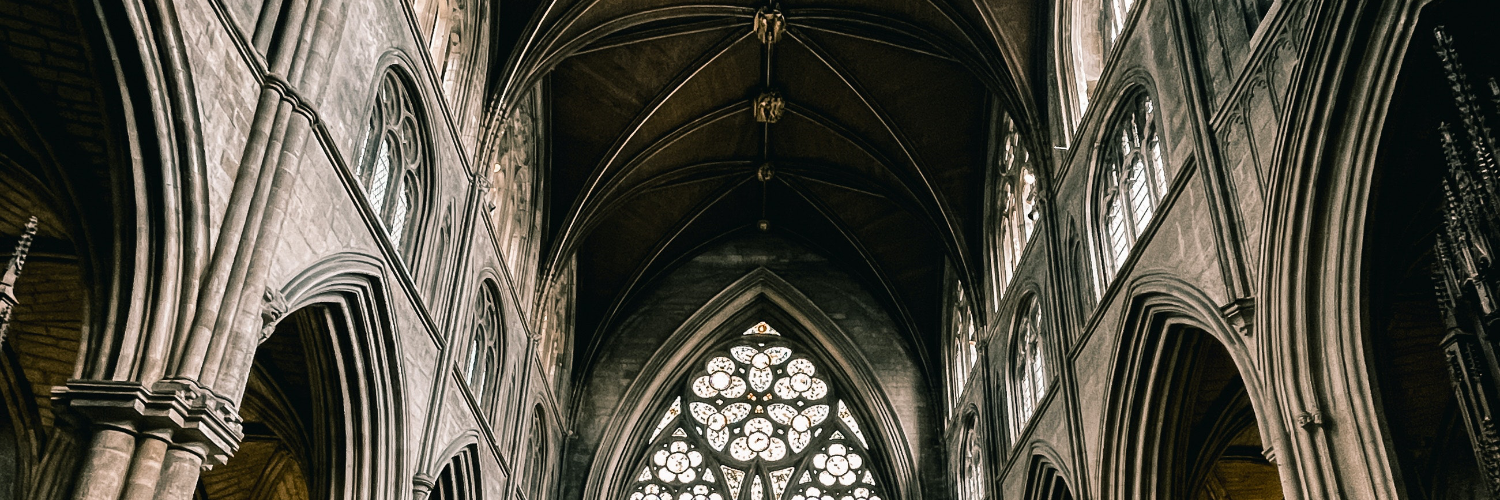A Dream of What Might Have Been
December 7, 2021

In 1996, John Barlow of the Electronic Frontier Foundation wrote A Declaration of the Independence of Cyberspace. It's a great read, but too long to quote in full here. Luckily, the opening salvo surmises the thesis well:
Governments of the Industrial World, you weary giants of flesh and steel, I come from Cyberspace, the new home of Mind. On behalf of the future, I ask you of the past to leave us alone. You are not welcome among us. You have no sovereignty where we gather.
This was the general spirit that colored my initial perspective of the web. I loved the revolutionary spirit and was instantly taken by what it promised. As a young idealist, my mind was constantly reeling with the possibilities that the web gave us. Impoverished countries with poor educational systems would now have equal access to information. A better understanding of our fellow humans would reduce tensions and improve global relations. The information wanted to be free and I wanted to help it.
Unbeknownst to me, as I dug in and began to build in earnest, there was change just around the bend. The dot-com bubble was set to burst, and our unbridled building would be reined in. There was a period of contraction, followed by one of realignment. The check had come due, and the web would have to pay its own way.
A Dawning Understanding
When Web 2.0 hit its stride, it did so in a manner that I found surprising. What was once a landscape of global communication had morphed into one of controlled narrative. This played out in a few ways, some direct and others incidental.
The second web was dominated by social networks. Our groups morphed and changed in ways unbound by geography, but largely stayed populated with folks that looked and thought like us. It was comfortable and insular.
Commerce and marketing also became much more sophisticated, and the new web enabled previously unimagined access to audiences. Audiences who were delighted at these witty ad campaigns and big brands' snapping back on social media. It felt more personal, because in truth, it was. What we sacrificed in privacy, we gained in personalization. Everything felt more relevant.
It was during this time that the political world found out how effective these global platforms could be. The old knowledge of how much more galvanized a voter was when they were outraged about something was deployed to new effect. The politics of polarization had finally met the platform it had always needed.
At some point during this time, I also changed. I grew up, as we all do, and convinced myself of the necessity of many of these changes. But I could never shake the feeling of loss I felt at the dream of interconnectedness that many of us had being perverted into quite the opposite of what we intended.
Pragmatism had prevailed, and things were… workable. Even if they weren't quite so filled with the unlimited potential they used to seem to have. I put away childish thoughts.
And Time Passed
At some point around 2010, while working at a software consultancy, I ended up on a project to build an MVP for a company building a hyper-segmentation platform for selling ads on Facebook. It was capable of accurately identifying users down to neighborhood, gender, and even sexual preference.
It was then that I really understood just how far from my starry-eyed dreams we had drifted. I asked to be moved off that project, and I was. I quit Facebook and withdrew from social media in general, but this was only a symptom of a larger problem. I marveled at my sense of loss and chided myself for being naive. This was just the way the world was.
Langston Hughes, asks us in his poem Harlem:
What happens to a dream deferred?
Does it dry up
like a raisin in the sun?
Or fester like a sore—
And then run?
Does it stink like rotten meat?
Or crust and sugar over—
like a syrupy sweet?Maybe it just sags
like a heavy load.Or does it explode?
Mr. Hughes wrote that some years after the Harlem Renaissance, in the midst of an America embattled by Jim Crow laws. While I can only imagine the frustration that this work was born out of, it does what great art does, and effectively conveys a feeling that resonates. To me, this speaks to the dream of a better future that we seem to have lost along the way to bringing it about.
If this sounds like a personal story of disappointment and loss, that's because it is. Fortunately, this is not the end of the story, but a setting for a more hopeful one. And as always, more change is just around the corner.